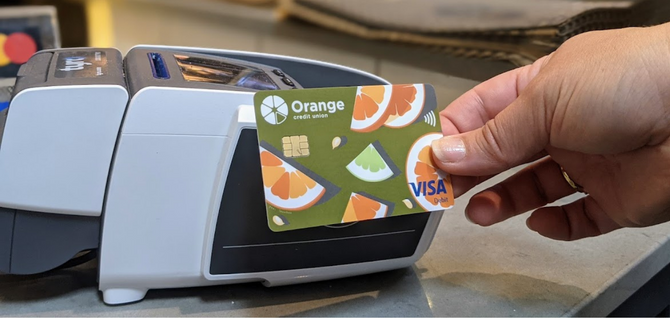Monday to Friday, 9.00am to 4.30pm
Members please be advised the branch and call centre will be closed Monday 4 August for the Bank Holiday.
A reminder both Internet Banking and our Mobile App are available to access your money, anywhere, anytime.
To maximise the security of your mobile device and prevent it from becoming compromised, you should follow these security tips.
You should never SMS any personal information such as your full name, date of birth, passport number or drivers licence number. This information could potentially be used by fraudsters for ID theft.
Don’t hide passwords, PIN numbers, user names or any other personal information in your phone. This includes keeping information saved within text messages (including sent messages), notes and calendars. It could also include storing messages or emails from your financial institution, or PIN numbers and passwords as contacts in your phone. Regardless of how well you think you’ve hidden it, fraudsters know what to look for. The safest thing to do is memorise these details and ensure any and all information is deleted before you sell the device or lend it to any one else.
Most devices enable you to lock your phone so that a password or PIN number is required to unlock it. You should ensure you have this set up on your device, and always keep it locked when it is not in use. In the event it is accessed without your permission or stolen, the user won’t be able to access any of the information stored in your phone, or incur phone charges not made by you.
Just like your home computer, you need to keep the security software on your mobile device up-to-date as well. To ensure your device is always operating with the latest systems, you should regularly check for software updates.
If you have an Apple device such as an iPhone or iPad, you can do this via iTunes. For all other devices, you should contact your mobile service provider. Security software for smart phones is also available as are some basic security settings within your mobile device such as password protection. You should ensure you familiarize yourself with these features and use them.
When you connect to Wi-Fi hot spots or any other internet connections, you are dependent on the security of the network. For this reason, any connection you use should be password protected. If it is not, the security of information transmitted through the connection is weakened. Unsecure connections can be susceptible to hacking where fraudsters will try to trick you in to connecting to a similarly named network in an attempt to steal your personal details.
By doing so, you break the manufacturer’s security on your phone and void your warranty. With the manufacturer’s security compromised, this can leave your device vulnerable to infection from viruses and trojans.
Fraudsters use infected applications and documents to spread malware and infect devices. To protect yourself against this, you should ensure you never open or download anything from a source you don’t know or trust.
When tethering and bluetooth are activated, it leaves your device open to fraudsters who can connect to your device and send malware to infect your phone without your knowledge. To avoid this, you should ensure you always turn off these features when not in use.
If you lose your device, you should contact Bank Orange to arrange for any passwords to be reset, as well as informing your mobile service provider.
There is also software available that can wipe data remotely, to prevent unauthorized users from viewing this information. Contact your mobile service provider to find out more.
